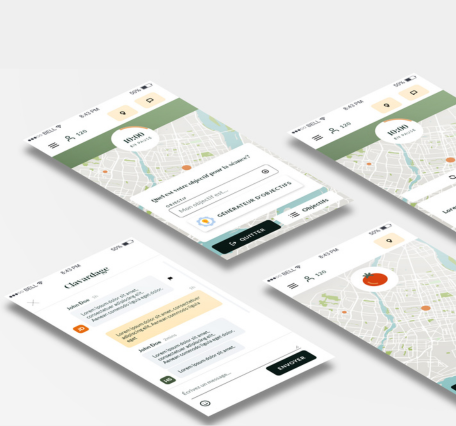
Pomodoro session management app for students
Chrono is an innovative research project developed in collaboration with Thèsez-vous and funded by the Quebec Research Fund (FRQ). Through structured tools and approaches, Chrono aims to provide an environment conducive to maximizing productivity, reducing writing barriers, and ultimately helping to lower dropout rates in graduate studies.
Sector of activity
Social
Educational
Our involvement
Design
User Experience (UX)
User Interface (UI)
Front-end Development
Back-end Development
Hosting

The project
Chrono is an app designed to help students organize their study sessions using the Pomodoro method in an intuitive and engaging way. The app enhances focus and encourages collaboration among users while providing a simple and user-friendly experience.
In short, this project offers a modern and effective solution to improve students’ productivity and well-being during their study sessions.
Booking platform
Synchronized study sessions
Users can join “tomatoes,” which are 50-minute study sessions followed by a 10-minute break. These sessions are synchronized for all participants, regardless of their location.
Personalized goals
Users have the option to choose a goal to focus on during their work session. Random objectives are also offered to help those who struggle to focus.
Community Visibility
A world map shows community members currently connected, allowing for mutual support during the often lonely tasks of academic writing.
Messaging and notes
Messaging and notes
A chat is available to exchange with other users, but only during breaks. Additionally, users can take notes to free their minds from intrusive thoughts, with the ability to export them at the end of the session.
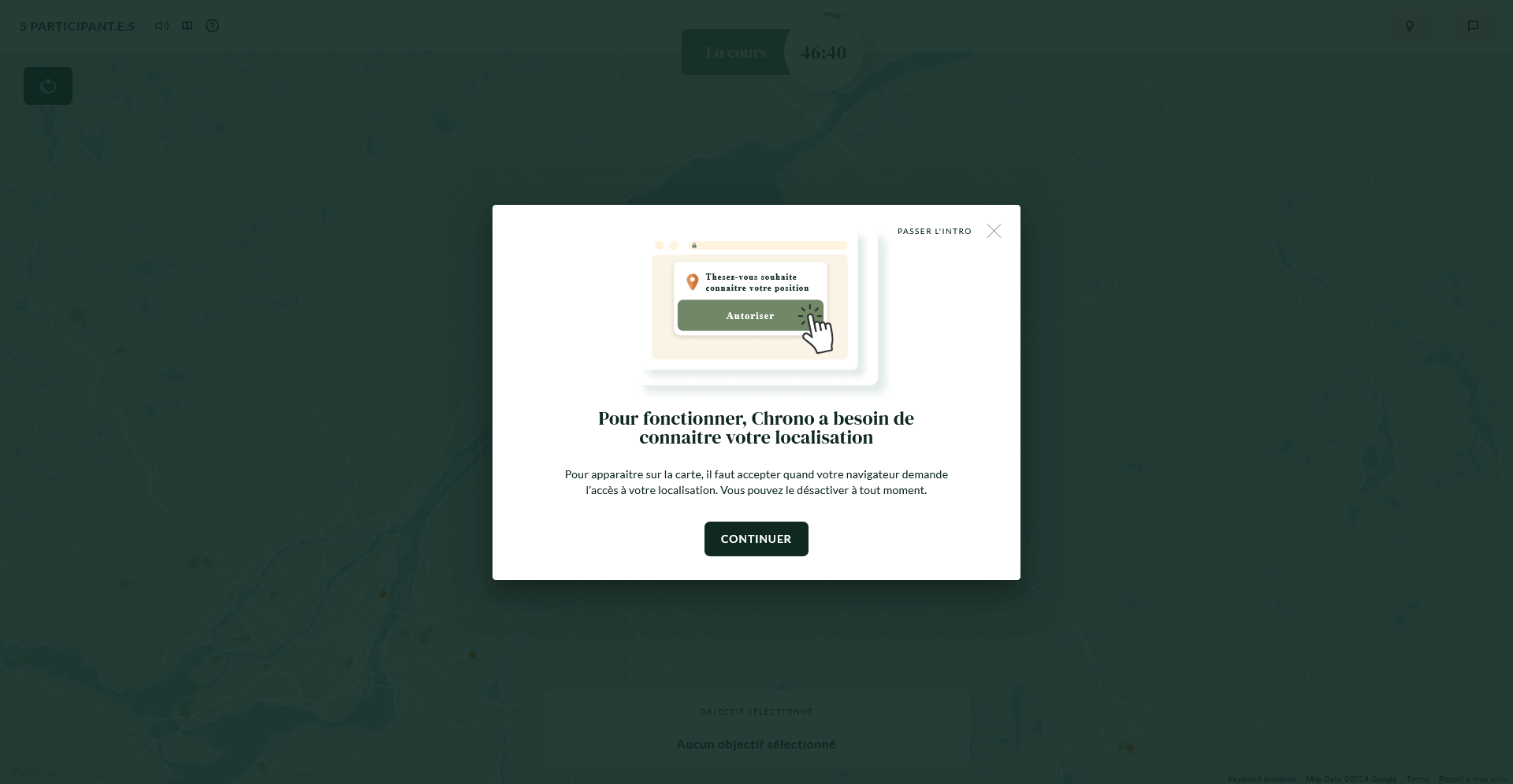
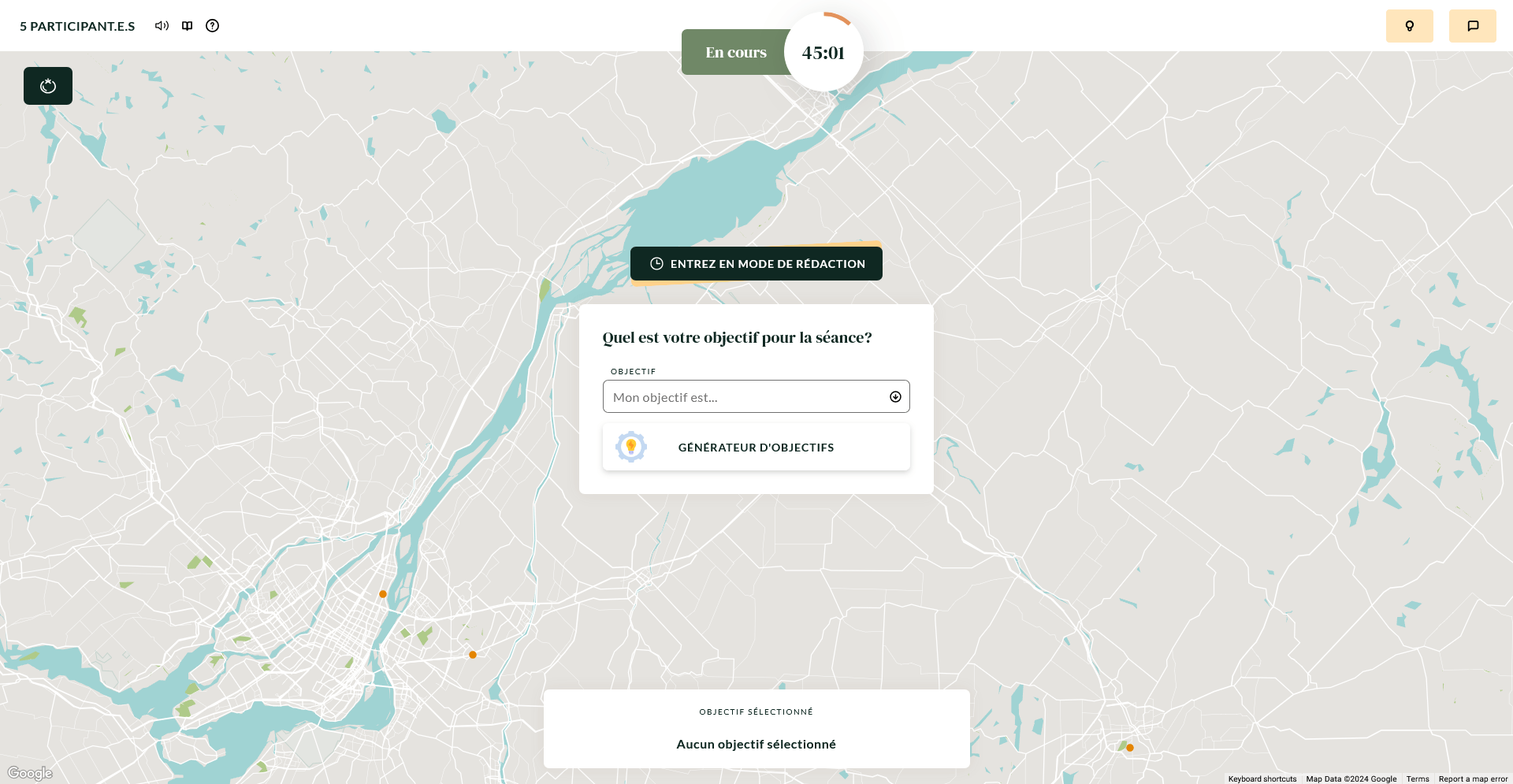
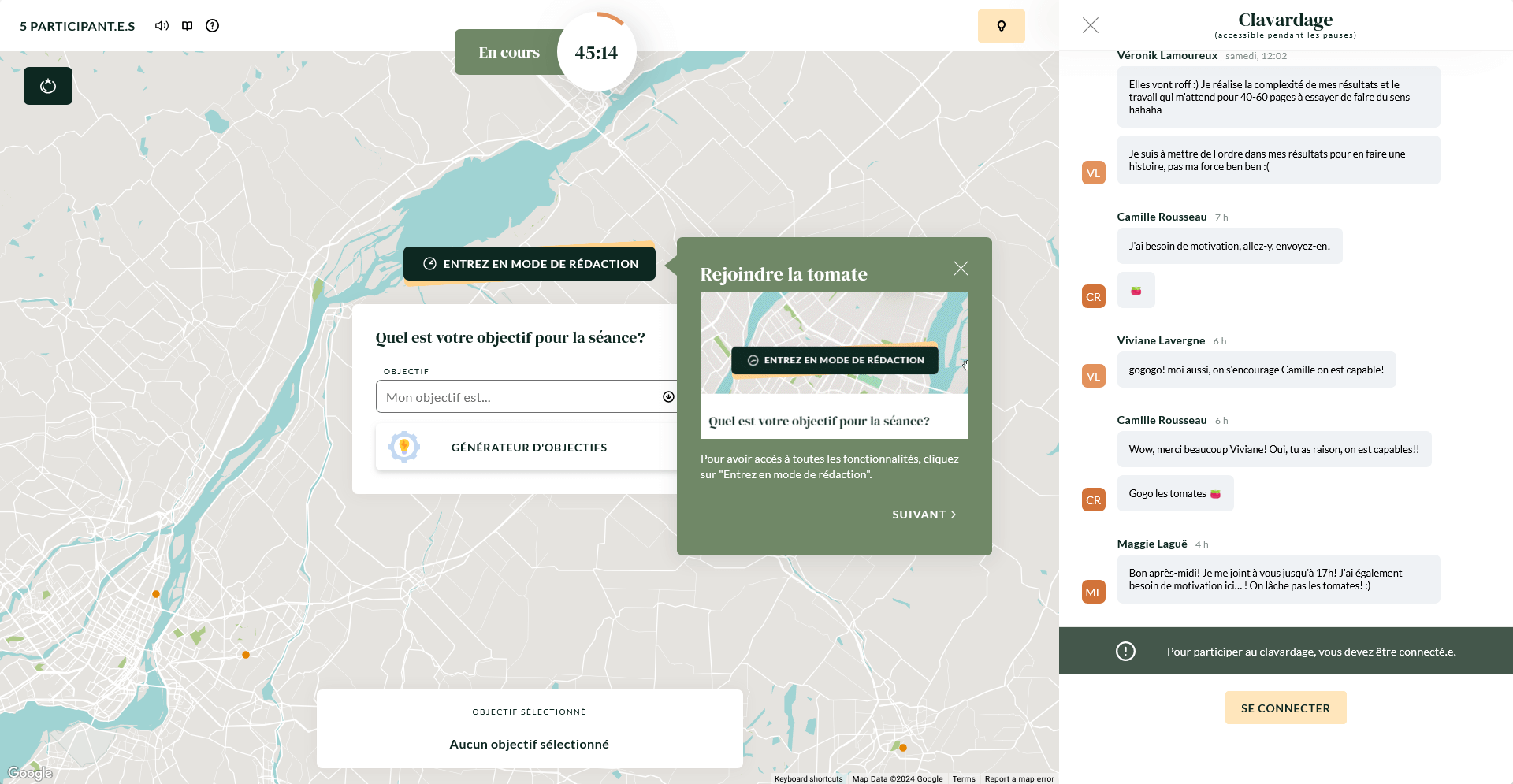
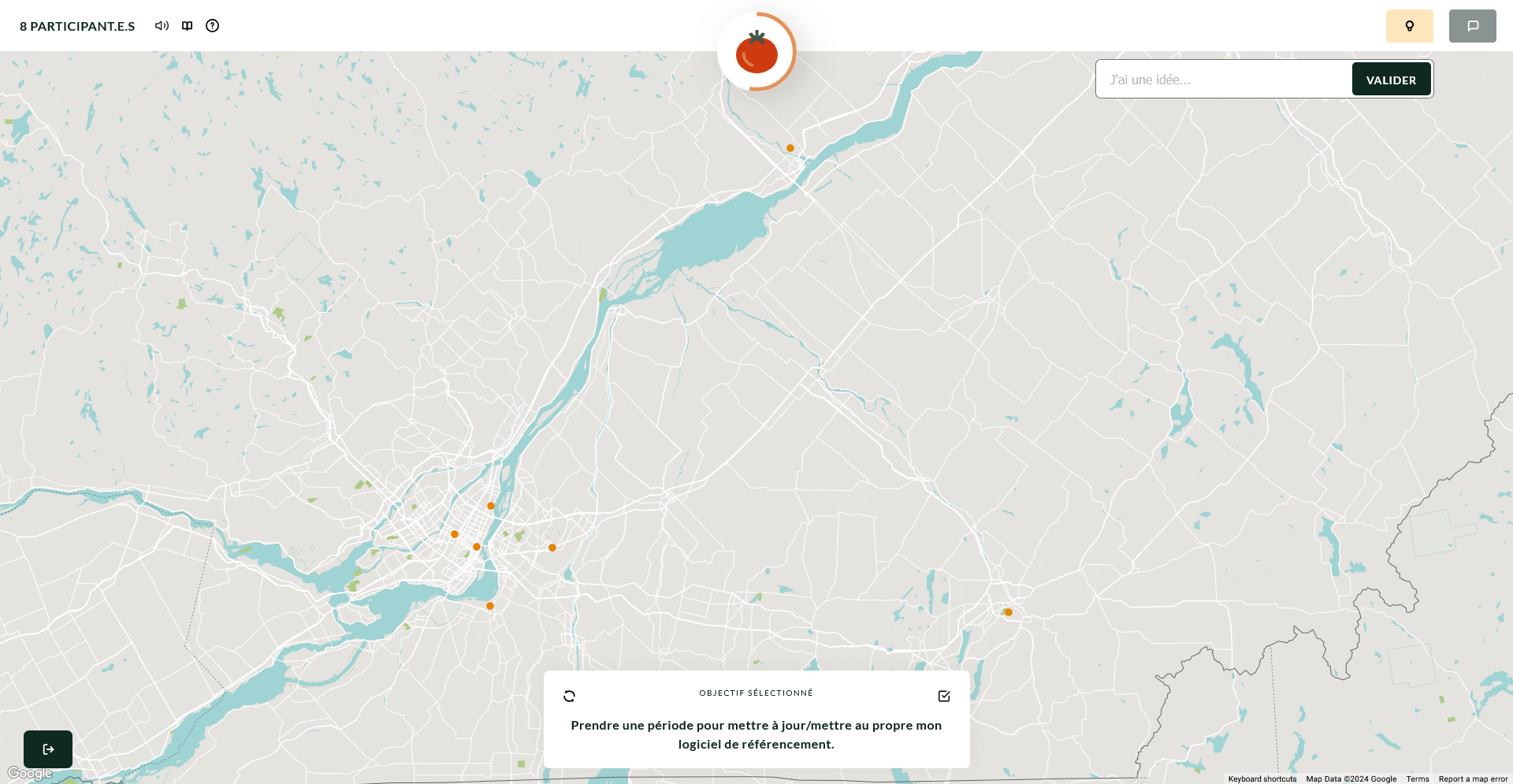
The impact
The Chrono project had a significant impact for Thésez-vous students. By adapting time management strategies to academic writing, participants better structured their work, increasing their productivity while reducing writing-related stress.
Chrono also facilitates the analysis and sharing of best practices, allowing other institutions and organizations to benefit from the advances made. FJNR had the opportunity to present this tool at the ACFAS annual congress, strengthening the visibility of the project and encouraging collaborations within the academic community.






